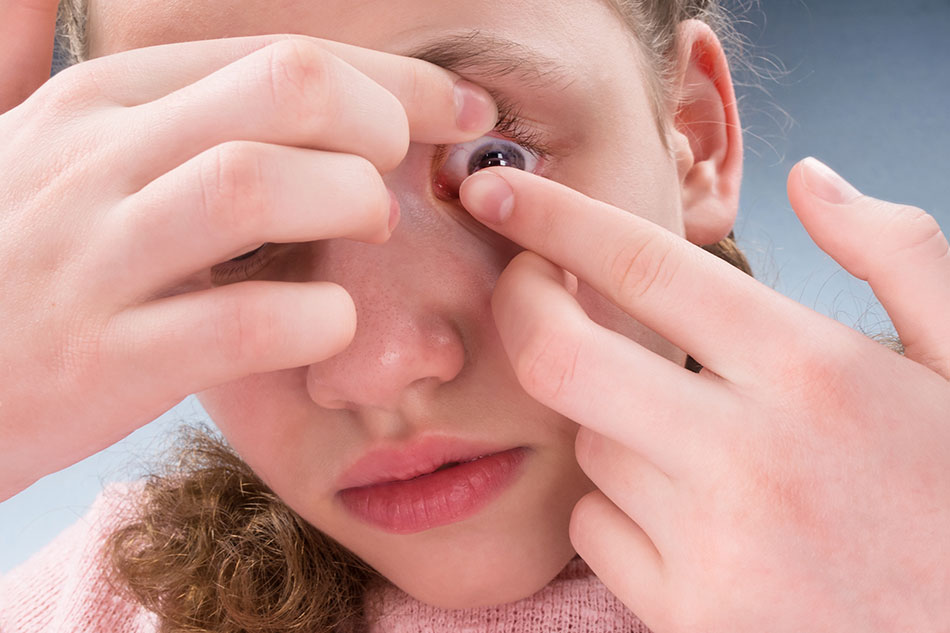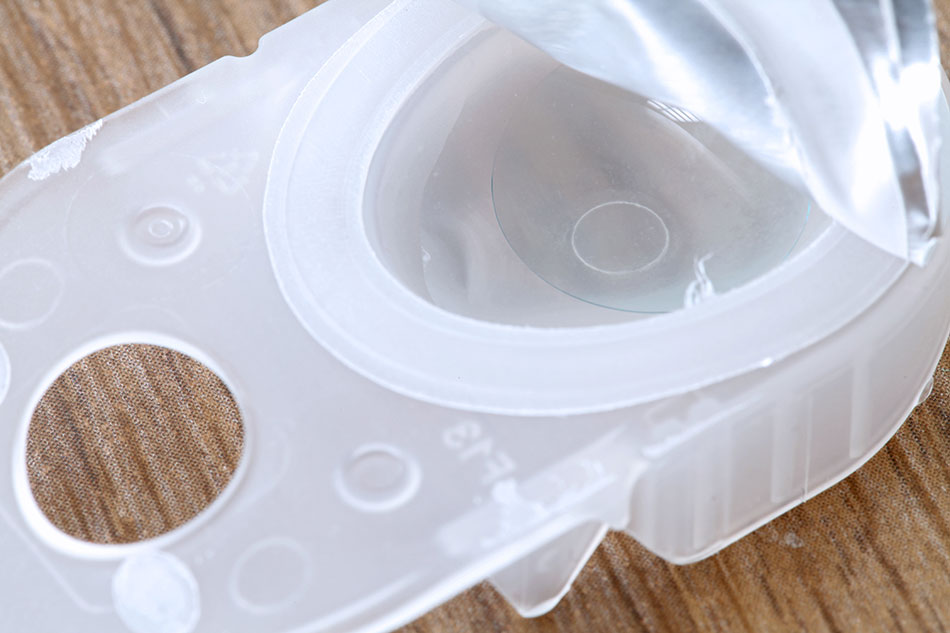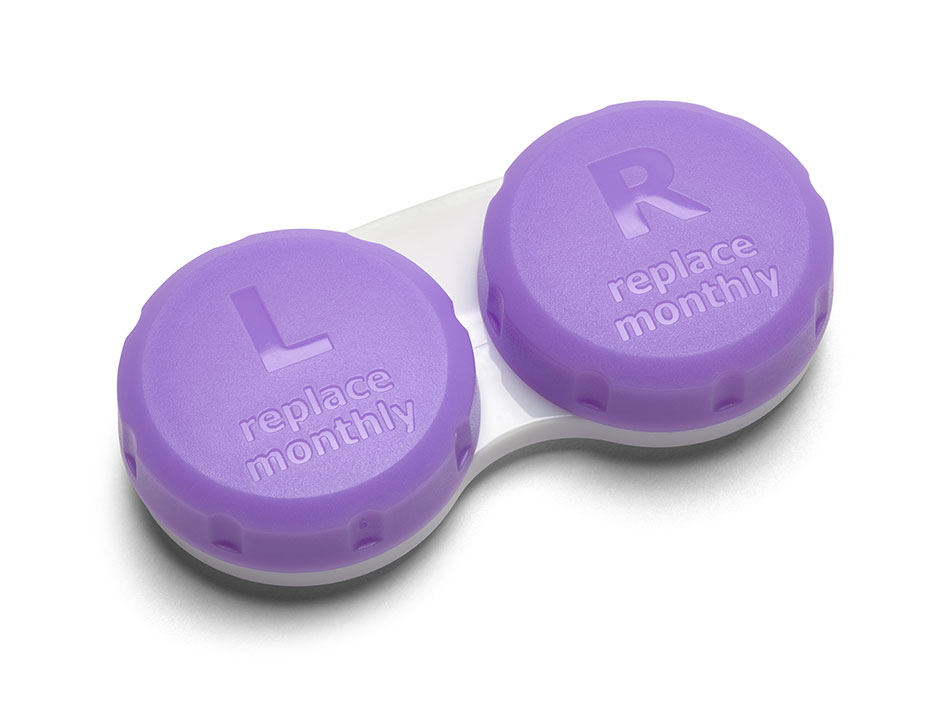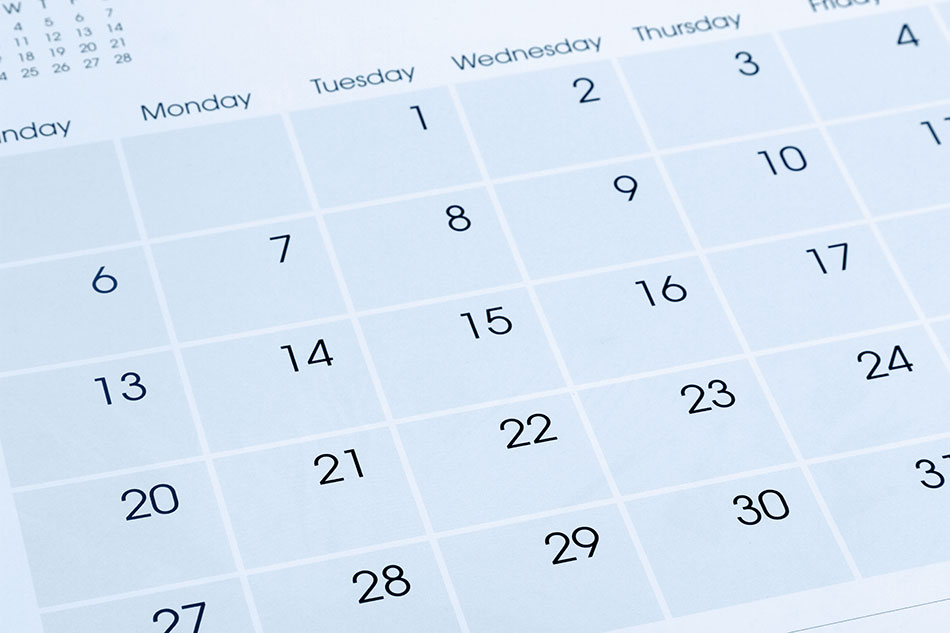Daily vs. Monthly Contacts: A Quick Guide to Your Choices

Many people prefer wearing contacts over glasses. In fact, approximately 45 million Americans wear contact lenses. Yet, not all contacts are the same. Everyone has different needs, and some eyes are more sensitive than others.
When making the choice between daily vs. monthly contacts, there are a few things you need to consider. Each type has its own pros and cons for you to explore.
Discovering the type of contacts that works best for your eyes can be a challenge. But we’ve gone ahead and done the research for you! Here’s what you need to know (in a nutshell) about daily vs. monthly contacts.
Pros of Daily Contacts
Let’s first consider the benefits of wearing daily disposable contacts:
They Are More Convenient
Daily disposables are more convenient because you don't have to take the time to clean them every day. Each night, you simply take them out and throw them away. There's no need to buy contact solution or worry about lens maintenance. Dealing with daily disposables is a quick and simple process.
There's Less Build-Up
Because a set of daily disposables is only worn for a day, there's less build-up. This reduces any complications that often result from contacts worn for longer periods of time. Dailies are also usually more comfortable and a good choice for people with dry eyes or allergies.
Easy to Keep up With
One of the great advantages of daily contacts is you don't have to remember when you started wearing them. You simply put them in when you wake up, and then remove and discard them before bed. It doesn't get any easier than that!
Great for Younger Wearers

Daily disposables are also a good option for new and younger contact wearers. Often, those who are new to contacts have a tendency to tear or lose their contact lenses. This is especially true for younger people. This makes wearing disposables a smart choice because you get a fresh pair of lenses each day. So ripping a contact is no big deal!
Cons of Daily Contacts
Unfortunately, there are also some downsides to wearing daily disposable contacts:
They Are More Expensive Upfront
Daily contacts are more expensive upfront. In fact, they cost more than most other types of lenses. But you need to also consider that you will need fewer lens care items. You won't have to invest in lens solution or contact cases.
It is also likely that you will spend less on managing contact lens discomfort (CLD) symptoms, as disposables reduce the probability of irritation.
Although you will pay more at the time of purchase, the good news is that you'll probably come out ahead in the long-run!
They Are Not Safe to Sleep In
One of the cons of daily disposables is that they are not FDA-approved to wear while sleeping. They are not designed for this, so sleeping in them can seriously damage your eyes!
They Can be Perceived to be Less Environmentally Friendly

The simple fact is you’ll use a new pair of lenses every single day rather than one pair per month. This results in much more contact lens material being discarded into landfills. However, some lens manufacturers are implementing recycling programs for old lenses and packaging. And there are other ways to be eco-conscious with your lenses when you choose daily disposables.
They Are Far More Delicate
Daily disposables are typically made with a thinner material than monthly contacts are. Because of this, they tend to tear or rip much easier. If you decide to try them, we suggest taking your time at first and treating them with a little more care.
Pros of Monthly Contacts
Now let's take a look at some of the pros of wearing monthly contact lenses:
They Are Less Expensive Upfront

Monthly contacts typically cost less up front. But you also have to factor in the cost of lens solution and cases. You may also have to deal with eye irritation and infections arising from lapses in their hygiene and replacement requirements.
If you choose to wear monthly contacts, you must strictly follow your optometrist’s instructions for the care of your lenses and eyes. This will result in a far better experience, and also save you money!
Some Are Safe to Sleep In
Some monthly lenses (namely extended wear) are FDA-approved to sleep in. Although these lenses allow for improved oxygen flow to the eyes overnight, we still wouldn't recommend sleeping in your lenses.
Environmentally Friendly
As mentioned above, in regards to daily contacts, you’ll be discarding fewer lenses when you typically wear only 12 pairs per year. This results in less waste, which is good for the planet.
More Oxygen for Your Eyes
Monthly contacts tend to use silicone hydrogel. This allows your eyes to “breathe” more. They let more oxygen flow to your eyes for greater comfort.
Cons of Monthly Contacts
Finally, let's take a look at the cons of wearing monthly contact lenses:
They Require More Supplies
Because you'll wear them for longer, it means you’ll need to keep to a strict cleaning, disinfecting and storage regimen. You'll have to purchase lens solution and storage cases on a regular basis.
They Are Prone to Build-Up
Your eyes produce lipids and proteins, which tend to accumulate on your contacts over time. There are special lens care products that remove these deposits. But if your eyes are sensitive, then you’ll need to replace your contacts more frequently.
They Are Easy to Over-Wear

Unless you pay close attention to dates, then it can be difficult to remember when you began wearing a pair of contacts. So then it’s extremely easy to forget to replace your lenses on a monthly basis.
Expensive to Replace
One of the most significant drawbacks of monthly contacts is the expense of replacements. Because you have a limited number of lenses in each box, losing or tearing one is a big deal. Therefore, you'll need to take great care with each lens to avoid having to order a new box of lenses earlier than expected.
Choosing Daily vs. Monthly Contacts
Deciding between daily vs. monthly contacts is often a matter of preference. For some, it can also be a comfort issue. Not everyone can wear monthly lenses due to their sensitive eyes. The cost, as well as the cleaning and replacement regimens are also important points to consider.
You can speak with your optometrist to help you make the choice between the two options. Once you’re ready for your next contacts purchase, you can then browse all the different name brands available to you.